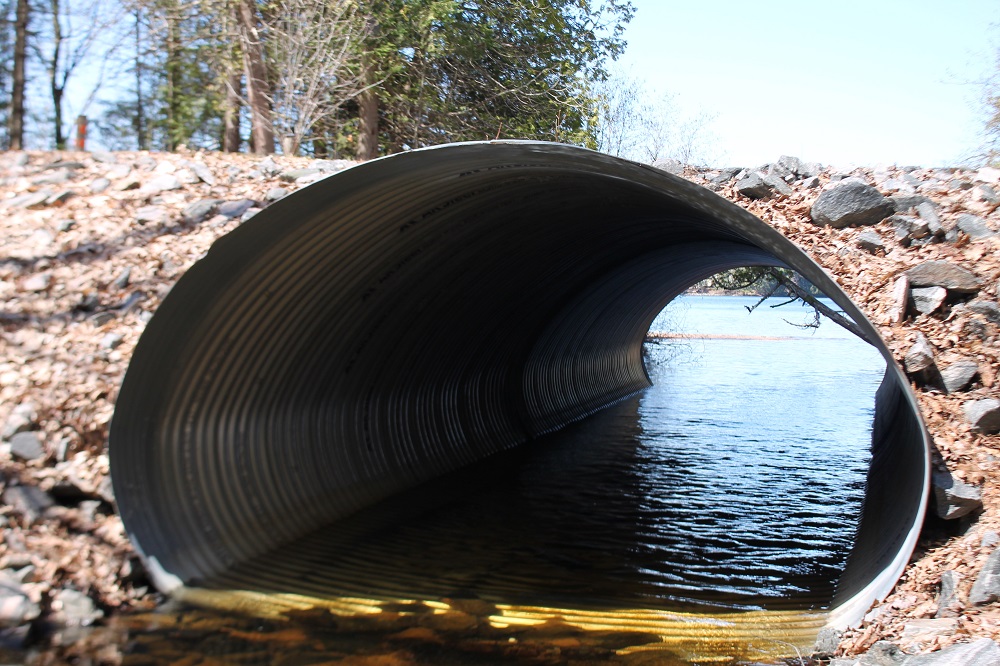Minden Hills taxpayers will begin contributing to an infrastructure levy, as the township moves towards an infrastructure renewal reserve.
Director of finance, Greg Bedard, broke it down for the public, and council, at an April 25 meeting.
Council has endorsed a compounding one per cent levy to be included in the 2025 levy and subsequent years’ operating budgets as contribution to the reserve.
Bedard said, “it is widely known municipalities across Ontario struggle with funding to keep their assets in a state of good repair. The Financial Accountability Office of Ontario estimated the municipal infrastructure backlog, as of 2020, to be about $52 billion. This represents the cost of bringing assets to a state of good repair, but where funding does not exist to do so.”
The director said that to combat the backlog, many municipalities have adopted an infrastructure levy.
“This levy represents funding to be used in the short-term and long-term to move forward planned and unplanned infrastructure projects where funding does not otherwise exist.” He added the intent is for the levy to be compounding. In other words, the existing infrastructure levy would form part of the next year’s base budget, with a new infrastructure levy calculated in addition to the tax levy, and so on, for each subsequent year.
Bedard said once the township gets its updated asset management plan later this year, it will have a better understanding of its backlog. However, he said the discrepancy was noted during budget decisions. On March 26, council approved the new levy. It represents one per cent of the township’s annual tax levy requirement. In 2024, it is $110,000.
Bedard stressed the levy does not mean the township should stop contributing to other reserves.
“However, balancing financial planning and taxpayer affordability often results in reserve balances that are underfunded. An infrastructure renewal reserve provides the opportunity to fund projects where existing specific purpose reserve balances are inadequate,” he said.
He added the availability of uncommitted funding in an infrastructure renewal reserve may increase the township’s ability to take advantage of grant funding programs.
“Programs that may benefit the township are often announced with immediate and short application timelines, during which the township must commit to funding its share of the project. The availability of funding in an infrastructure renewal reserve may allow the township to pursue these programs and stretch the township’s dollar further without impacting the tax levy, reprioritizing planned projects, or the planned use of specific or departmental reserves,” Bedard said.
Mayor Bob Carter said while the consumer price index (CPI) has dropped down to the three per cent range, that is not the case when it comes to materials and labour associated with infrastructure, and still running around 7.5 per cent.
“So, infrastructure is very difficult to stay on top of, and it’s very difficult to catch up, particularly when you have the 7.5 per cent cost increase each year. I’m sure there’s a lot left to do. But this will at least be a start.”
Coun. Pam Sayne said the move is key now, “because we haven’t found other ways for the province to assist us with the infrastructure costs that are going up across municipalities, as well as the downloading that continues.”





